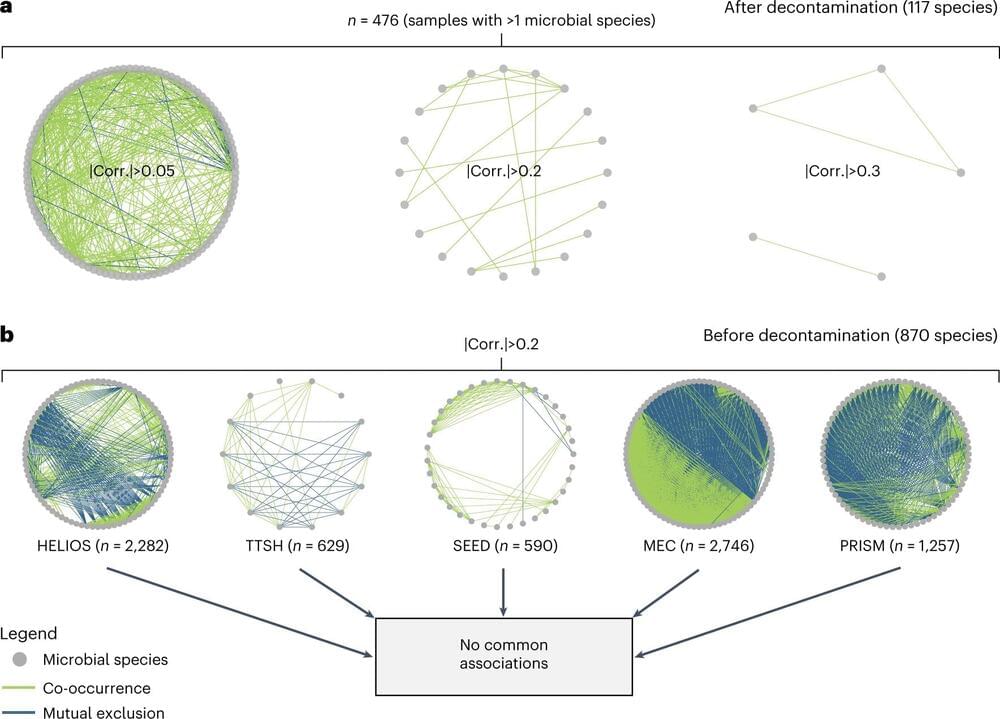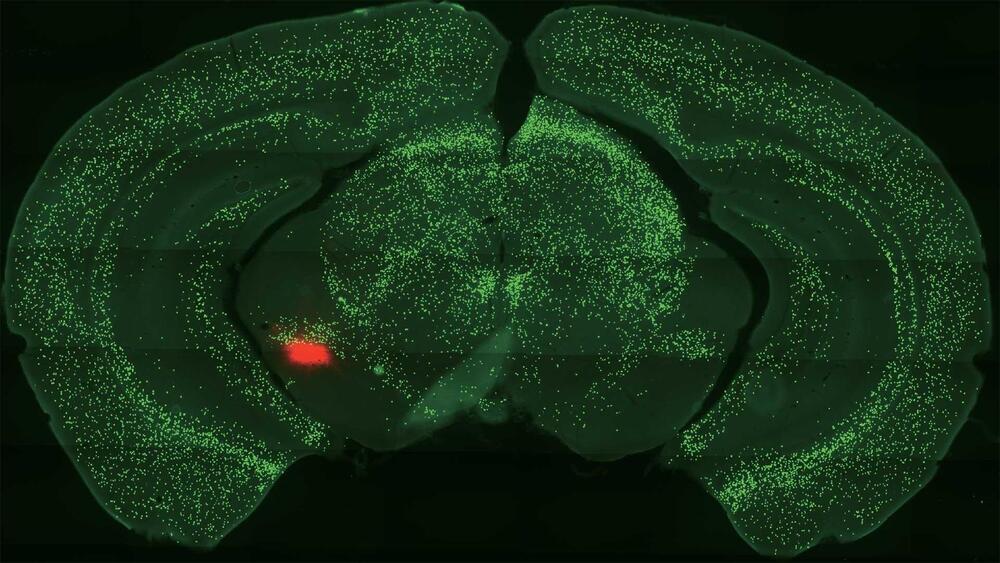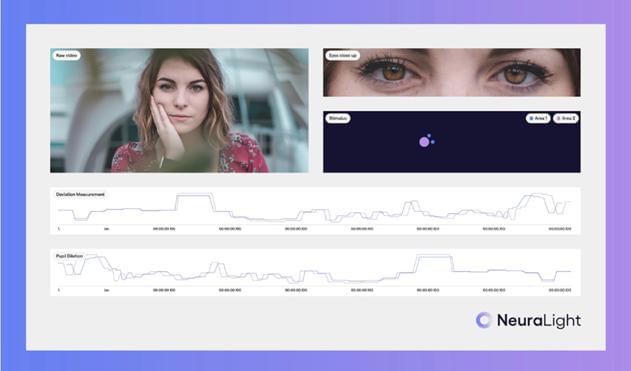Antibiotic resistance is a major public health threat, ranked as one of the top 10 by the World Health Organization. Every year, in the United States alone, nearly 3 million people are infected by drug-resistant bacteria and fungi, resulting in the death of around 35,000. While antibiotics are crucial in treating infections, overuse has led to the development of antibiotic-resistant strains of bacteria. These infections pose a significant challenge to treatment.
Now, Professor John E. Moses of Cold Spring Harbor Laboratory (CSHL) has developed a new weapon to combat drug-resistant superbugs – an innovative antibiotic that has the ability to shape-shift by rearranging its atoms.
Moses came up with the idea of shape-shifting antibiotics while observing tanks in military training exercises. With rotating turrets and nimble movements, the tanks could respond quickly to possible threats.








